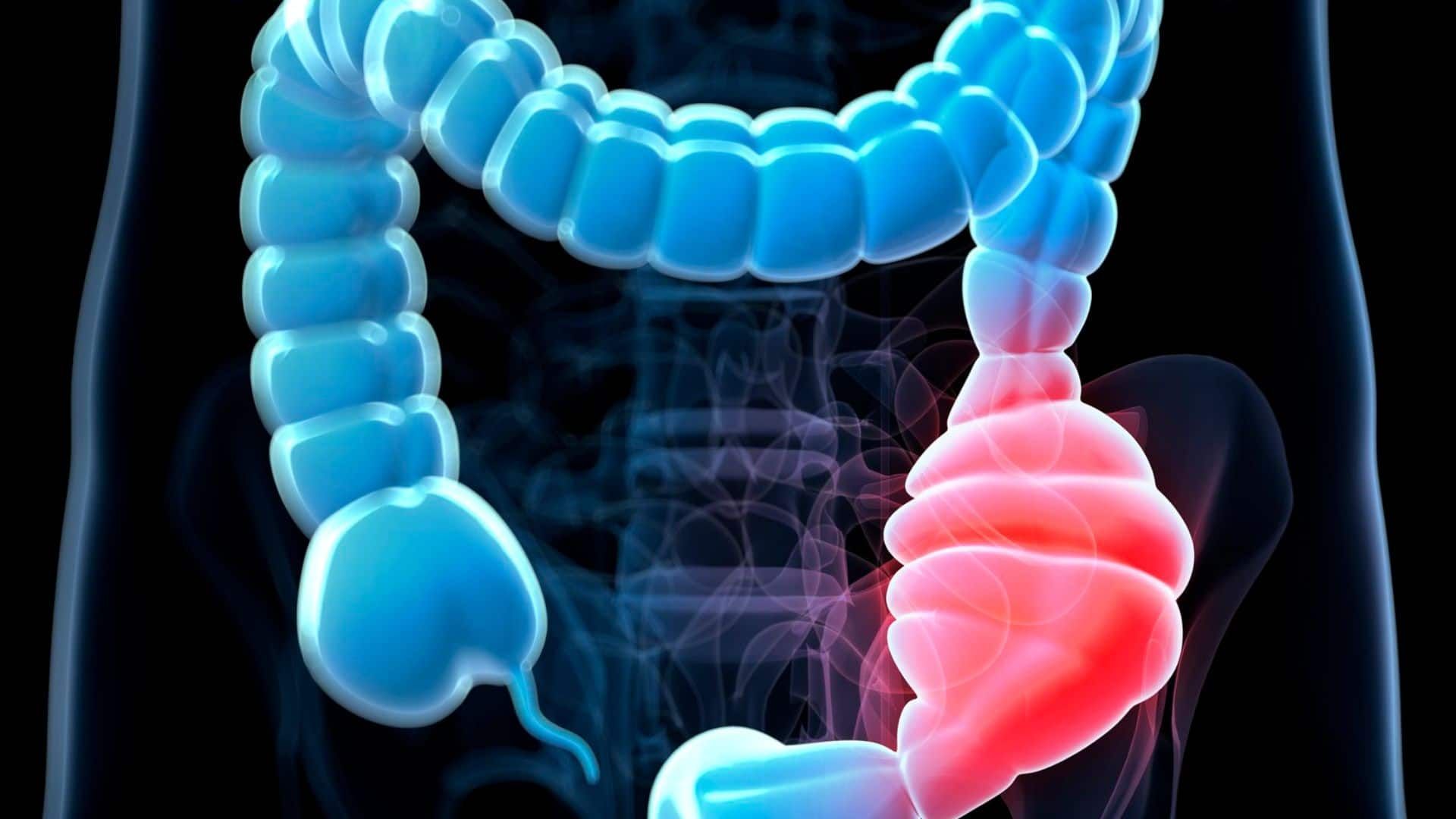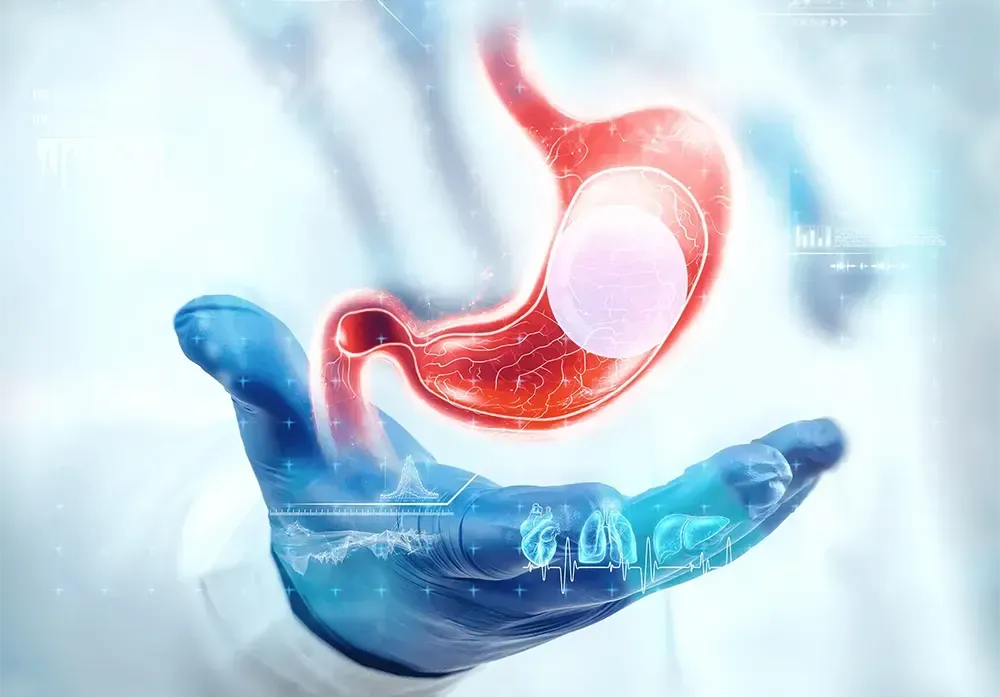Understanding Rectal Bleeding: A Comprehensive Guide to Hemorrhoids and GI Health
Rectal bleeding can be a concerning symptom that may indicate various underlying conditions, including hemorrhoids and gastrointestinal (GI) disorders. In this article, we will explore the causes of rectal bleeding, with a focus on hemorrhoids, the importance of GI health in managing this symptom, the role of colonoscopy in diagnosis, and effective treatment options for hemorrhoids. Let's delve into the world of rectal bleeding to understand how to address this issue and promote overall GI well-being.
Unveiling the Common Causes of Rectal Bleeding:
Rectal bleeding can stem from various factors, including hemorrhoids, anal fissures, inflammatory bowel disease (IBD), colorectal cancer, and more. Understanding the underlying cause of rectal bleeding is crucial in determining the appropriate treatment and management strategies tailored to each individual's needs.
Hemorrhoids: A Closer Look at a Common Culprit:
Hemorrhoids are a prevalent cause of rectal bleeding, characterized by swollen and inflamed veins in the rectum and anus. Factors such as straining during bowel movements, chronic constipation, and prolonged sitting can contribute to the development of hemorrhoids. Recognizing the symptoms of hemorrhoids and seeking timely intervention are essential in alleviating discomfort and preventing recurrent bleeding episodes.
The Significance of GI Health in Rectal Bleeding Management:
Maintaining optimal GI health is paramount in managing rectal bleeding and preventing complications. A balanced diet rich in fiber, adequate hydration, regular exercise, and healthy bowel habits play a crucial role in promoting GI health and reducing the risk of conditions like hemorrhoids and GI disorders that can lead to rectal bleeding.
Colonoscopy: A Vital Tool for Diagnosis and Prevention:
Colonoscopy is a valuable diagnostic procedure that allows healthcare providers to visualize the colon and rectum, identify abnormalities, and detect conditions such as colorectal cancer, polyps, and inflammatory bowel disease. Regular colonoscopies are recommended for individuals at risk of GI conditions to facilitate early detection and intervention, ultimately reducing the likelihood of severe complications.
Effective Hemorrhoid Treatment Options for Relief:
Treatment for hemorrhoids may vary depending on the severity of symptoms and individual needs. Options range from lifestyle modifications and over-the-counter remedies to minimally invasive procedures and surgical interventions. Seeking guidance from a healthcare provider specializing in GI health can help determine the most suitable treatment approach for managing hemorrhoids and alleviating rectal bleeding.
In
conclusion, rectal bleeding is a symptom that warrants attention and evaluation to identify the underlying cause and implement appropriate management strategies. By understanding the role of hemorrhoids, maintaining GI health, undergoing colonoscopy for diagnosis, and exploring effective treatment options, individuals can address rectal bleeding proactively and prioritize their overall GI well-being.










